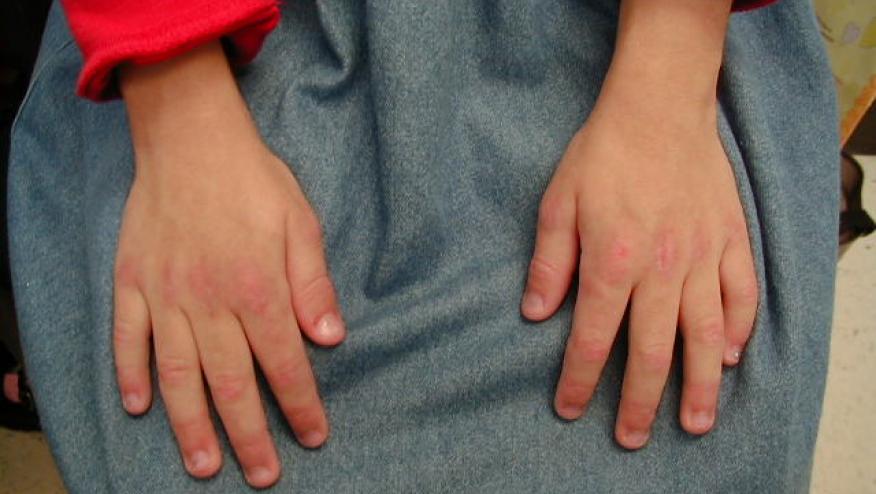MSK Manifestations in Pediatric IBD Save

Arthritis and musculoskeletal (MSK) symptoms may accompany pediatric-onset inflammatory bowel diseases (pIBD) as an extra-articular intestinal manifestation, but may vary in presentation and clinical course.
An overview from the GASTROREUM study, and the Italian Society of Pediatric Rheumatology, characterized MSK manifestations in pIBD, and aimed to seek predictors of persistently active arthritis one year after pIBD diagnosis.
This retrospective multicenter included patients under 18 years with pIBD and MSK manifestations. A total of 180 patients were included, 111 (62%) with Crohn’s disease (CD), 55 (31%) with ulcerative colitis (UC), and 14 (8%) with unclassified IBD (IBDU).
The most frequent MSK manifestations were arthralgia (73%) and arthritis (69%), followed by inflammatory back pain (26%), enthesitis (11%), and dactylitis (6%), with no difference between CD and UC patients. CD patients were more likely to have MSK symptoms prior to pIBD diagnosis than UC/IBDU (51% vs. 41%).
In 125 arthritis patients peripheral arthritis was more common than axial disease (77% vs. 14%), with nearly 9% having both peripheral and axial involvement. Those with axial disease were more likely to be older males, with inflammatory back pain, oligoarthritis of the hip, knee, ankle, and small joints.
In all subsets oligoarthritis (52%) was more common than monoarthritis (26%) or polyarthritis (23%). Most patients with pIBD and arthritis presented with peripheral oligoarthritis affecting lower limb joints.
Elevated acute phase reactants were the most common lab abnormality (ESR 74%, CRP 63%, fecal calprotectin 60%), with each being significantly higher in CD compared to UC. ANA positivity was seen in 24%. Interestingly, ferritin was more likely to be low (32%) and not high (7%) in these pIBD MSK patients
Independent predictors of persistent arthritis at one year included ANA positivity (OR 3.05), and a polyarticular course (OR 3.42).










If you are a health practitioner, you may Login/Register to comment.
Due to the nature of these comment forums, only health practitioners are allowed to comment at this time.